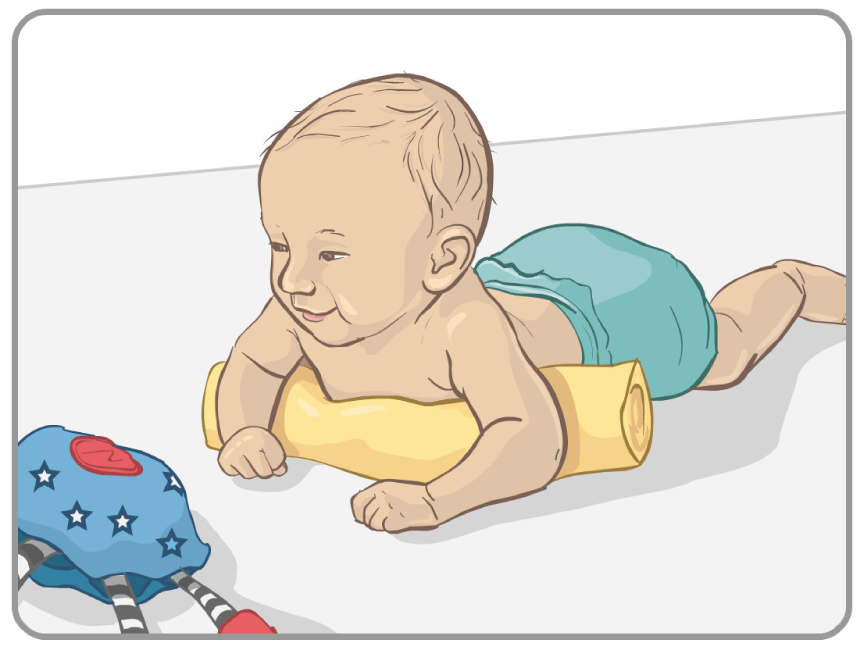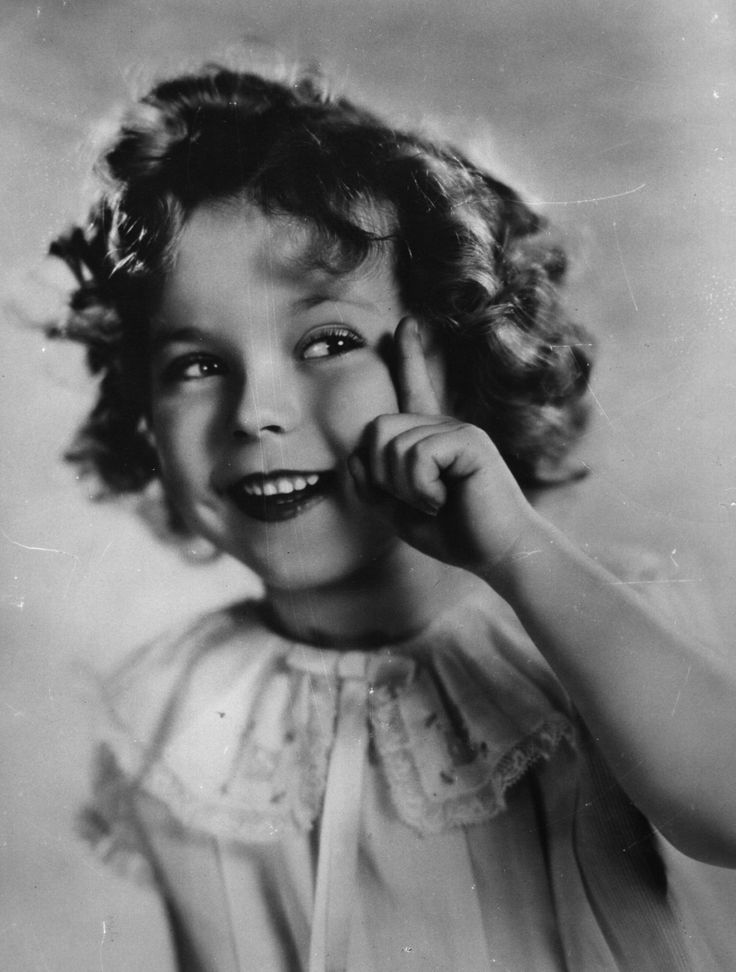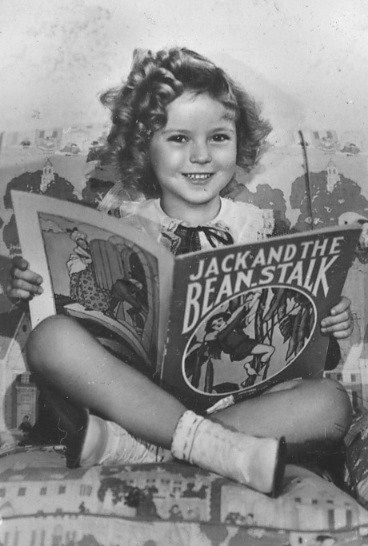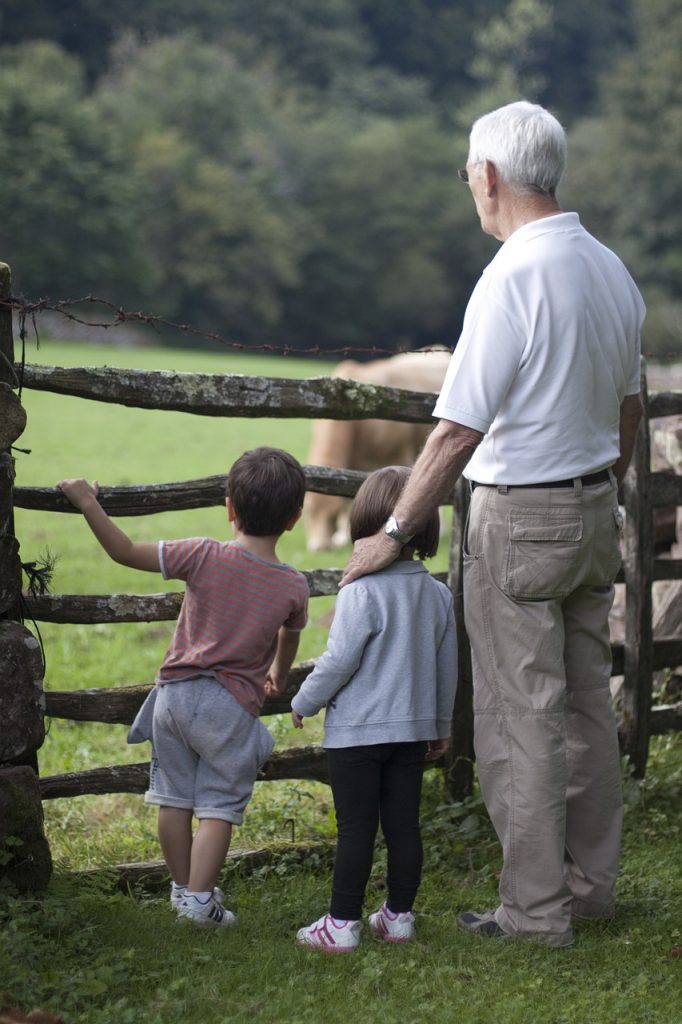How to parent a middle child
Preventing Middle Child Syndrome
Not only are middle children babied for a shorter period of time, they get less parental attention at every stage. While the oldest impresses and challenges the parents with all those "firsts" and the youngest is indulged, the middle child is often expected just to cope. Because they get less support, they often develop a fierce independence and are less open to their parents' influence.
Middle children may also struggle with an “identity crisis” of not having a specific role in the family. They often see that the oldest gets more privileges and more celebration for new achievements. The youngest gets more attention and fewer expectations. They wonder what they can do to be "special."
The combination of less parental responsiveness and the “identity crisis” of not having a specific role in the family can make middle children feel less valued, so they may act out to get attention. Unfortunately, that often annoys parents, who throw up their hands in dismay at their middle child's defiance, rather than realizing that it's a cry for connection.
Interestingly, when the middle child is the only boy or the only girl, they don’t seem to experience “middle child syndrome.” Apparently their unique position as the only girl or boy assures them a feeling of uniqueness that middle children who have siblings of the same sex don’t experience.
What can you do to prevent "middle child syndrome"?
1. Put extra effort into your relationship with your middle child.
Maybe that relationship is already super-close. But if not, or if you see your middle child struggling, consider that more connection with you might be just what she needs. Be sure that you acknowledge her feelings even when you disagree with them. For instance, you may not agree that the youngest gets special treatment, but your child needs to know that you hear her when she tells you that's what she thinks. Make an effort to notice who she is, and let her know that you "see" her and treasure her, exactly as she is. Most of all, enjoy her. When children feel in their bones that we delight in them, they feel valued and loved.
Make an effort to notice who she is, and let her know that you "see" her and treasure her, exactly as she is. Most of all, enjoy her. When children feel in their bones that we delight in them, they feel valued and loved.
2. Be sure that your middle child feels she "belongs" and is a significant part of your family.
All children share a fundamental need to feel significant in their families. Middle children are in a position where this need is less likely to be met. Every child deserves to be adored unconditionally just for being herself, without have to "do" anything to earn that, so make sure your children regularly bask in your loving attention.
In addition, "recognize" the unique qualities that each or your children brings to the world:
- "I love the way you're always singing."
- "I love to watch you play soccer!"
- "I notice that you always take time to pet the dog.
 "
"
Finally, give each child the opportunity to contribute, so that they feel they have an important role in the family. So, for instance, be sure to value the "chores" your child does and the responsibilities he takes on, as a unique and valuable contribution to the whole family.
3. Encourage your middle child in all passions, but particularly in ones that are not already "taken" by the oldest.
Middle kids need to feel like they can shine, too. It's hard to compete with a child who is older, so it's beneficial if your second has some turf that is all his.
4. Coach middle children to stick up for themselves,
for instance to walk away when the older sibling pushes them around. Often, they’ll keep playing, compromise their own integrity, and then feel resentful. When your kids get into an altercation, encourage each one to voice their needs and wants to the other without attacking. "You can tell him how you feel, Jason.... Say 'I need a turn, too!'"
"You can tell him how you feel, Jason.... Say 'I need a turn, too!'"
5. Be sure middle kids have other social interactions where they have more power
so they don’t only learn the role of giving in. Middle kids need connection outside the family so they can experiment with being more powerful. Middle children will often want to play with friends instead of siblings. That’s fine, but include their friends with the family as well, so they’re at your house some of the time, rather than always at friends’ houses.
6. When your middle child complains, listen and empathize.
But also point out that he gets the best of all worlds – he doesn’t have to fight for privileges like his brother, who trail-blazes with the parents and gets them to loosen the rules. Unlike the little one, he gets included in big-kid adventures with his big brother. And he also gets to help with the baby and be a big brother himself. And while it won't make a difference to him now, you can also let him look forward to the day when he WILL be the oldest at home, when his big sib graduates from high school.
And while it won't make a difference to him now, you can also let him look forward to the day when he WILL be the oldest at home, when his big sib graduates from high school.
***
This article was excerpted from Peaceful Parent, Happy Siblings: How To Stop the Fighting and Raise Friends for Life. published by Perigee/Penguin.
“This book walks parents through sibling scenarios – even ones for very intense children – and breaks down the specifics of how to approach common struggles, without making parents feel guilty or overwhelmed. It is a wonderful resource that gives parents the tools to not only help our children while in the midst of conflict, but also helps us to teach our children how to be the loving, kind and respectful brothers and sisters we know they can be.” — Gina Osher, The Twin Coach
Birth Order: What Middle Children Need Most from Their Parents
I seem to have a pretty good sample for a study on birth order…
Josiah, 15 (below, left), Jonah (on the right, below,) 13, and Luke (center, below) almost 11.
Levi, who arrived six and half years later, throws me for a bit of a loop. I always say he must fall somewhere between a first born, and a baby. (And a Tasmanian devil, but that’s another story.)
But really, I have always been intrigued by the topic of birth order. Not only do I have a great sample to study in my home, but I was also raised in a three-kid family: Two older brothers, and then me...the “baby.”
(I’m sure you’re surprised.)
I know I’m not alone in finding this topic interesting, as well as a bit intimidating. Ever since I wrote my post What a Teenage Boy Needs Most from His Mom, I’ve received numerous requests for a specific post about those mysterious middle children, and what they might need the most.
We’ve all heard the term (or is a diagnosis?) “Middle-child syndrome,” and it seems that people often pity the middle child. But really, the more I study and observe, the more I think middle children have a lot of good going for them. Sure, there are a few pitfalls to be aware of, but the way I see it, middles might just do the best in the long run.
Sure, there are a few pitfalls to be aware of, but the way I see it, middles might just do the best in the long run.
I’ve found Kevin Leman’s book, The Birth Order Book: Why You Are the Way You Are to be quite helpful in this area. If you find this topic interesting, I highly recommend you read it.
Most experts seem to agree with a few things about middle children.Most middles are: Flexible, good negotiators, and very social. They are more laid back than their often high-strung older siblings. They are also more drawn to relationships outside the family than their siblings, and more likely to move further away from home when they are grown. (boo.)
Middle children can present a paradox of personalities, because of the fact that they are very much influenced by the first born of the family. They might strive to be a lot like the older sibling, but more typically they go the opposite direction (often as far as possible!) Middle children are said to be careful who they open up to, often keeping their feelings to themselves. Middles might struggle with their sense of identity and belonging, which often leads them to run with the pack.
Middles might struggle with their sense of identity and belonging, which often leads them to run with the pack.
Middles have been known to experiment with riskier behaviors than other birth orders, possibly as part of their search for an identity. However, middles are known to grow up well–being creative problem solvers, and great negotiators. (Think Donald Trump.) Middles are also said to be the most loyal marriage partners of any birth position.
A short list of famous “middle children”: Abraham Lincoln, Bill Gates, Jennifer Lopez, George Bush, and Donald Trump. If you have a middle, you can let them know: over half of the American Presidents have been middle children.
For those of us raising middle children, we should rest assured that they are very likely to grow up to be well adjusted adults, with a happy life. Heck, maybe they’ll be President one day. But we still worry, don’t we? If you have a middle child, then you might wonder if you are giving him or her enough attention. You might wonder what they’re thinking, because they aren’t so quick to share. You might see them getting squeezed between their siblings, and just hope that they are really doing ok.
You might wonder what they’re thinking, because they aren’t so quick to share. You might see them getting squeezed between their siblings, and just hope that they are really doing ok.
So after a lot of study, experience, and observation, I have created a list of…
1. Unconditional Love and Attention
Middles often feel compared to their (typically over-achieving) older, and (often attention-seeking) younger siblings. Giving them your time and focused attention without any expectations is really important. They need to know that they are loved simply because they are.
2. A Listening Ear
Middle children are known to feel overlooked and ignored. Over time they often learn to just step back and let the older and younger sibling get all of the attention. Setting aside time to just listen to your middle child will meet them in a very special way.
3. Standards/Expectations
If you have a more typical first-born, chances are that they have proven very capable. It is easy to let them own this role, while the middle and younger kids ride on the benefits. Don’t do it! Make sure that you are teaching that middle child to do just as much work and contribute to the home as much as the first born has done. (It may be different tasks or roles, but make sure they do something!) This will communicate to your middle that he or she is not only a part of the family, but that the family actually depends on them. It will also help your middle child to grow up managing responsibilities well, which is a character trait sometimes lacking in the more free-spirited middle child.
It is easy to let them own this role, while the middle and younger kids ride on the benefits. Don’t do it! Make sure that you are teaching that middle child to do just as much work and contribute to the home as much as the first born has done. (It may be different tasks or roles, but make sure they do something!) This will communicate to your middle that he or she is not only a part of the family, but that the family actually depends on them. It will also help your middle child to grow up managing responsibilities well, which is a character trait sometimes lacking in the more free-spirited middle child.
4. Some decent clothes
Middle children are typically the hand-me-down kids of the family. It goes like this; First borns take good care of things, so we think it only logical that the next in line gets them: But, by the time the second born has worn them, they’re too worn out for the spoiled fortunate baby of the family, who then gets to start afresh with brand new clothes.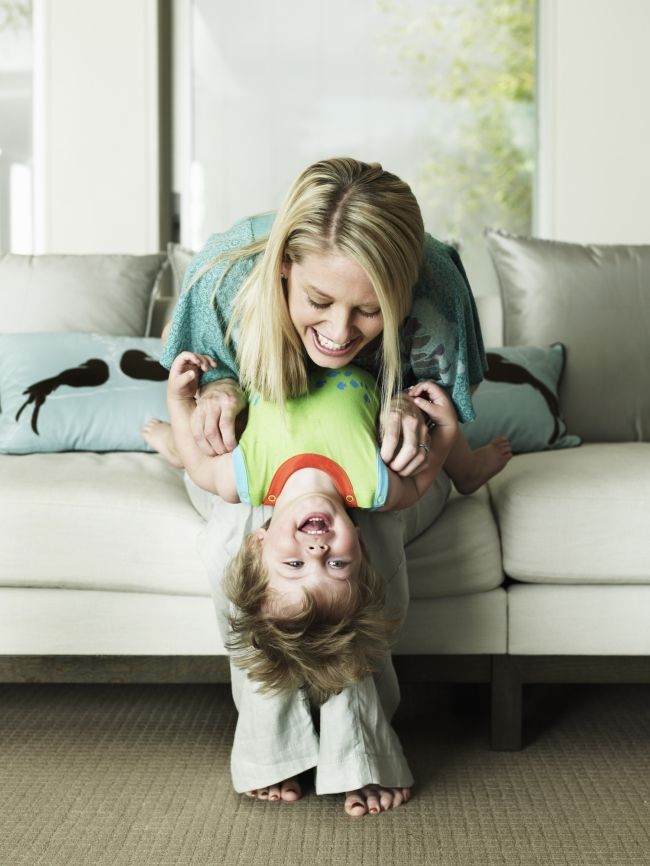 There is nothing wrong with hand-me-downs–I’m a big fan. However, taking that middle child shopping for some of his or her very own (new!) clothes now and then is a really good idea.
There is nothing wrong with hand-me-downs–I’m a big fan. However, taking that middle child shopping for some of his or her very own (new!) clothes now and then is a really good idea.
5. Options
If you do take that middle shopping, let them choose their own clothes. In fact, let them choose as many things as possible! Let them choose what movie the family will watch, what restaurant to go to, or any little thing possible. Middles need to know they have a voice.
6. Help Finding Good Friends/Direction in Life
If middles are going to find friends and work away from the family, then we are wise to offer plenty of counsel while they’re around. Talk to them often about friends, school, and job choices. Give loving counsel about their future careers. They will appreciate your interest in their life, and who knows–maybe they’ll feel so loved they’ll stick around after all! 🙂
7. Communication
Even in the healthiest family setting, a middle child will at some point wrestle with the role of being sandwiched in the middle. Talk about it! Personally, I talk openly to my middle son about his position, both light-heartedly, and more seriously. I tell him that I understand it is a tough position sometimes, but I also remind him of the benefits. Talking openly may allow the middles to understand their own feelings better, and to respond to those feelings wisely.
Talk about it! Personally, I talk openly to my middle son about his position, both light-heartedly, and more seriously. I tell him that I understand it is a tough position sometimes, but I also remind him of the benefits. Talking openly may allow the middles to understand their own feelings better, and to respond to those feelings wisely.
____________________________________________________________________
We should keep in mind that there are many factors that affect birth order: From the sex of each child, to how many years there are in-between, and other family dynamics. There are no hard-fast rules, but I do think that the information we have can help us apply it as we see fit in our parenting!
SO now I’d love to hear from you! Tell us about your experience if you have a middle child…Or are married to one? Or work with one? Or maybe you’re the middle child!? If so, what was it like growing up? I’m sure a few of you have some helpful experiences to share!
And if you think your friends would enjoy or benefit from this post, I hope you’ll Pin and share it using the buttons below!
For other posts in the series, check out: What a first-born needs most, and What a youngest child needs most…
With Aloha,
Monica
PS I am an amazon affiliate so if you click over and order The Birth Order Book, I’ll get a few cents which will help support my blogging efforts! Thank you! 🙂
Senior, middle, junior: features of education
home
Parents
How to raise a child?
Senior, middle, junior: features of education
- Tags:
- Expert advice
- 0-1 year
- 1-3 years
- 3-7 years
- 7-12 years old
- good qualities
Psychologists believe that the personality of a child largely depends on the order in which he appeared in the family. It is important for parents to take into account the seniority of children and their age difference in order to find the right approach to raising each child. I am a Parent will tell you about the characteristics of children of different ages in the same family, which will largely avoid the problems of education.
It is important for parents to take into account the seniority of children and their age difference in order to find the right approach to raising each child. I am a Parent will tell you about the characteristics of children of different ages in the same family, which will largely avoid the problems of education.
Firstborn
The baby, who appears first in the family, from the very beginning gets used to the fact that all parental attention surrounds him. He receives all the parental love and care and quickly gets used to such a privileged position.
But the situation changes radically when a second baby is born in the family, and in most cases the eldest child is not ready for such changes. The demands of parents are increasing, he increasingly has to show independence. This is especially acute in the very first months after the birth of the second baby, because the newborn needs special care, and parental care at this time is not divided equally between the two children.
Older children are most characterized by such character traits as responsibility, determination and self-confidence. In them, the makings of a leader are most manifested. More often, older children have a higher level of intelligence than middle or younger ones, which is not surprising, because it is on them that the main hope of parents is placed, who expect that the first-born will help them in many ways.
However, not all older children are able to cope with the burden of responsibility that falls on their shoulders, and this can lead to nervous disorders in the child. Such disorders can manifest themselves in tearfulness, the appearance of various kinds of fears, and increased sensitivity to any criticism. The child is afraid of not living up to parental expectations and suffers from a lack of attention on their part.
To avoid unpleasant consequences, do not forget about the older child after the appearance of another baby in the family, and vice versa, if possible, try to give him maximum attention, especially at first, until the child gets used to a new role for himself. Tell your child about the benefits of being older, highlight what older children are usually allowed to do the most, and let the older child feel small again at least once in a while.
Tell your child about the benefits of being older, highlight what older children are usually allowed to do the most, and let the older child feel small again at least once in a while.
Middle child
Middle children have the hardest time, because their intermediate position does not allow them to stand out. The middle child is usually jealous of the older one, because he plays the role of a leader, but at the same time he does not like the younger one, who, by his appearance, deprived him of this status. That is why middle children strive to assert themselves with all their might, and often compete with their brothers and sisters.
Positive character traits that are usually inherent in children born average - sociability, flexibility, sociability, diplomacy. They easily find a common language with other people, are friendly and do not differ in excessive assertiveness.
But, despite their inherent positive qualities, middle children often have problems with self-esteem, because they are deprived of privileges within the family.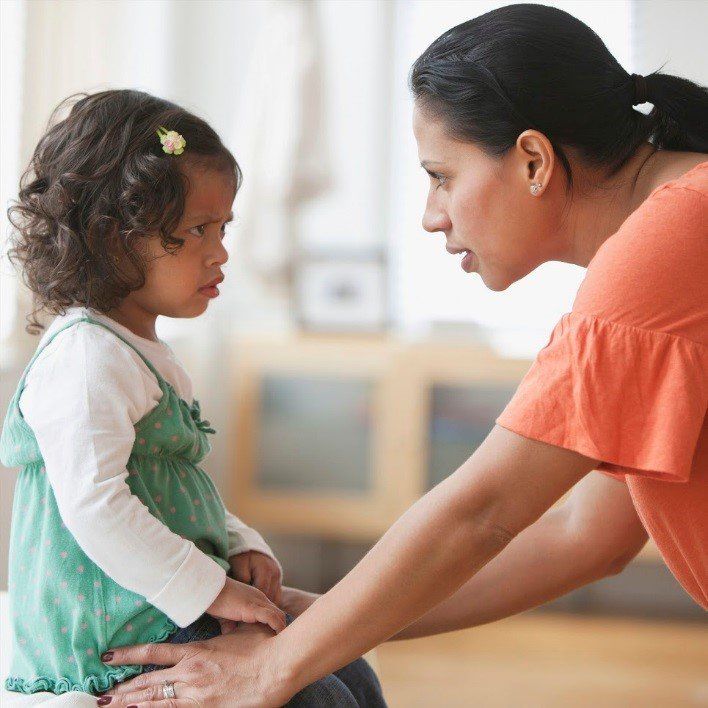 Such children sometimes do not see the point in succeeding, because they are used to the fact that all the "laurels of honor" usually go to older and younger brothers and sisters.
Such children sometimes do not see the point in succeeding, because they are used to the fact that all the "laurels of honor" usually go to older and younger brothers and sisters.
To prevent this from happening, parents need to be especially attentive to the skills and talents of the average child. Give him the opportunity to surpass his brothers or sisters in some way, help him find himself in some business: let the child do an interesting job. It is also sometimes worth letting him be on a par with the rest of the children: let him go to a rock concert or disco with an older child, or let him fool around with a younger one. Only in this way can the average child appreciate the advantages of his position in the family.
Younger child
Younger children usually do not experience a lack of parental attention, but they are tormented by a completely different problem - envy of the elder or elders. On the one hand, he suffers from the fact that he cannot do some things that are allowed due to his age, and on the other hand, he is afraid to grow up, because he does not want to lose his privileged position.
In the character of younger children, such positive traits as kindness, tenderness, carelessness, and adventurism are very often manifested. The younger ones often have artistic inclinations, as they are used to always being in the spotlight. They easily make contact with other people and are very sociable.
However, often the excessive parental attention that surrounds the youngest child affects his character negatively. A child, accustomed to the fact that there is always less demand from him, is afraid of difficulties and responsibility. It is difficult for him to make decisions, often he wants everyone to do everything for him - hence laziness and infantilism appear, and sometimes selfishness.
When raising a younger child, one should not indulge all his whims and praise him excessively. This does not mean at all that his efforts should not be judged on merit. There is always a place for reasonable praise, but it should not be too much. Also, you should not protect the youngest child from responsibility: let him take part in the cleaning together with the elders, carry out some parental assignments and follow the rules established in the family on an equal basis with other children.
Victoria Gritsuk
Dear parents! Do you know your kid's favorite fairy tale or his favorite cartoon? Try using a small test to evaluate your relationship with your child and see if he has enough attention.
Take the test
How to raise a younger, middle and older child: what are the nuances
Of course, the character of any child is influenced by genetics, parenting style and parental love. But the way in which he appeared in the family "in turn" is also important! What to pay attention to?
Tatyana Razumkova I am not alone all brothers and sisters "have always been" for each other. When the difference in the age of the children, on the contrary, is large - 10 or even 15 years, the "drama" of the relationship between the elders and the younger will be completely different: the older child perceives the birth of a baby as almost an adult. A new family member does not become a competitor for him, a sister or brother will rather be an object for tenderness, pride and guardianship, for studying and rehearsing awakening parental reflexes.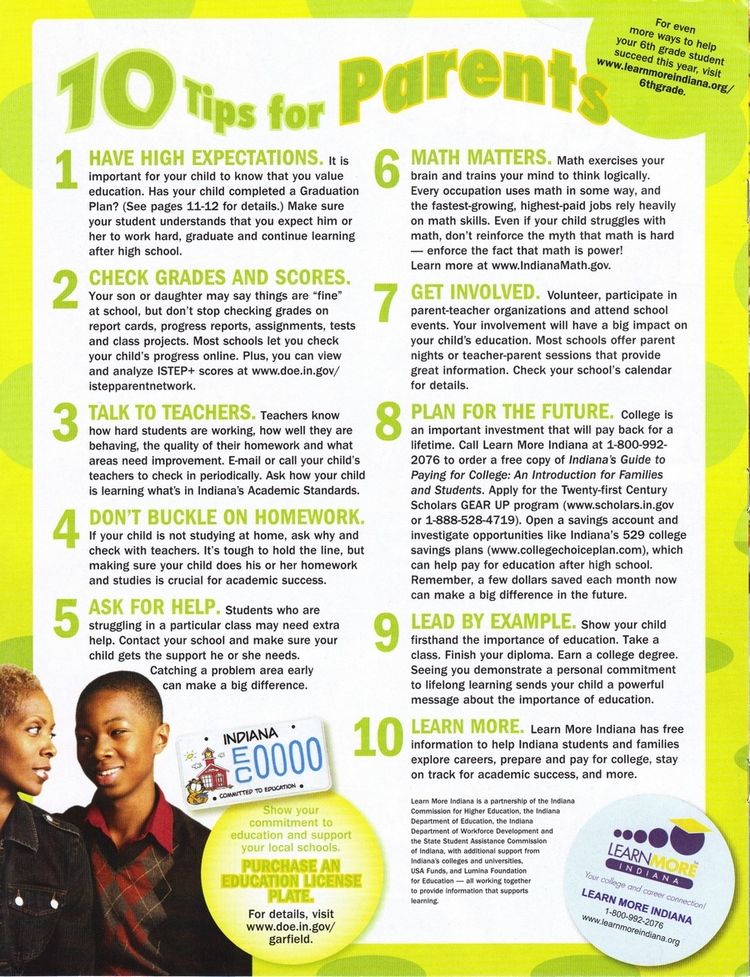
This can become a serious problem only if a teenager has a difficult time going through a transitional age and needs maximum attention and support from his parents, and because of the baby, they cannot always give him enough time to help overcome the teenage crisis. However, the arrival of a new family member can also be an extremely beneficial factor - to switch a teenager from his problems to caring for a tiny brother or sister and give an intense impetus to real growing up. How to tell a child that a new addition is expected in the family, see here. Psychologist Alexander Kuznetsov is sure that the optimal situation is when the difference in the age of children is 4-6 years. “At three years old, competition between children will still be too painful, and with a difference of more than six years, they will have practically no common interests.”
Alexander Kuznetsov, psychologist
How to make the arrival of a newborn a long-awaited and joyful event for an older child?
- During pregnancy, teach your baby to "communicate" with the mother's tummy, "talk" to her brother or sister.

- Before leaving for the maternity hospital, buy a whole bag of small toys and every day, while mom is not at home, give a gift from her to the child. Let the baby know for sure: mom remembers him every day, mom loves him.
- When discharged from the maternity hospital, the mother's hands must be free so that she can hug her older child.
- After the appearance of a newborn in the house, a sign should be placed on the door with the words: “Before you ask about the baby, ask how the older child is doing.”
- Enlist the elder to help with the baby, but do not overburden him so that it brings him joy. Praise and thank him as an adult - he should feel the advantage of being an adult so that there is no temptation to "play baby", regress in behavior.
- At one and a half to two months, when the newborn starts to recognize loved ones, to fix his eyes, be sure to tell the elder: “He recognized you, he smiled at you! Look how happy he is to see you!”
The eldest child
Firstborns usually get both educational experiments and parent complexes.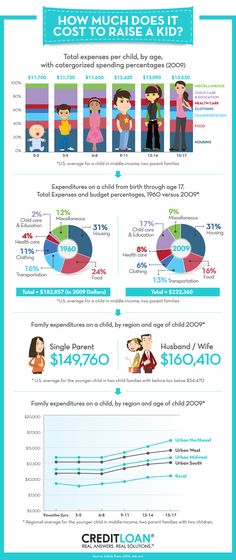 They are, as a rule, more intelligent: after all, until a brother or sister appears, the firstborn receives maximum care from all family members. He is taken to all kinds of circles, books are read to him, they talk a lot with him, play with him, develop him in every possible way. Grandparents are still young and healthy, so they also enthusiastically take care of their only (so far) grandson.
They are, as a rule, more intelligent: after all, until a brother or sister appears, the firstborn receives maximum care from all family members. He is taken to all kinds of circles, books are read to him, they talk a lot with him, play with him, develop him in every possible way. Grandparents are still young and healthy, so they also enthusiastically take care of their only (so far) grandson.
After the birth of the second child, the degree of the educational boom decreases somewhat. Accustomed to absolute attention and participation from adults, the child suddenly becomes left to himself, freeing himself from excessive guardianship. The child’s personal space immediately expands significantly, adults are no longer interested in him. He becomes more independent.
With many of his problems, he no longer goes to his parents, because they are busy with another child - as a result, even in the most ideal case and with minimal jealousy, the older child is usually more anxious and less emotionally stable. At the same time, he suddenly has serious responsibilities and responsibility for a brother or sister - for example, to make sure that the baby does not fall off the sofa, or to rock the stroller, although yesterday he still owed nothing to anyone.
At the same time, he suddenly has serious responsibilities and responsibility for a brother or sister - for example, to make sure that the baby does not fall off the sofa, or to rock the stroller, although yesterday he still owed nothing to anyone.
In a family with two children, the elder and the younger can remain rivals for life. Responsibility for the youngest of the firstborn often coexists with jealousy, resentment, or even secret or overt revenge for the overthrow of the "main family member" from the pedestal. Therefore, often the elders become "aggressors" in relation to the younger ones, command and push them around, instilling an inferiority complex.
Alexander Kuznetsov: “Of course, it is difficult to completely avoid children's rivalry, quarrels and fights. But try to follow the informational background: exclude all programs, programs, games where aggression is present. Watch how you communicate within the family. Shouting at children and hitting them is an absolute taboo: it is necessary to teach children to negotiate, and this is possible only by their own example, nothing else.
Shouting at children and hitting them is an absolute taboo: it is necessary to teach children to negotiate, and this is possible only by their own example, nothing else.
After the birth of the third child, older children grow up even more and begin to consciously take care of the baby. Such almost parental responsibility for younger brothers and sisters, active participation in practical household chores most often has a beneficial effect on the character of the first child, and later on his behavior in his own family. However, it can also become a significant obstacle to creating his own family: it can be difficult for the elder to leave the kids - after all, caring for them becomes an integral part of his existence. Seniors usually perceive their success as an adequate payment for their efforts, for systematic work, they are not afraid of routine. At the same time, they are more diversified in comparison with "middle" and "younger" peers - after all, maximum parental ambitions were invested in them. Children who have been in the status of an only child for a long time have “adult” attitudes to the greatest extent, since they have been surrounded exclusively by adults for quite a long time.
Children who have been in the status of an only child for a long time have “adult” attitudes to the greatest extent, since they have been surrounded exclusively by adults for quite a long time.
Risk zone
The appearance of a younger brother or sister. Parents should be as tolerant and attentive as possible to the older child during this period. The main task is to avoid the feeling of jealousy and negativity towards the baby. At first, mom and dad will have to pay even more attention to him than before - so that he understands that everyone still loves him, that no one threatens his role in the family.
If parents manage to endure this very difficult first period (the first month and a half are especially difficult), then the elder will play with the baby with pleasure, fall in love with him and become a real helper for mom and dad.
The secret of upbringing
Every child, and the older one in particular, sometimes needs to be alone with mom or dad, to get personal attention. Psychologist Alexander Kuznetsov recommends: “From time to time for each child, arrange a “daddy’s” or “mother’s” day - a time when one of the parents completely “belongs” to one child and is not distracted by anything. On this day, you can open up and hug, go to the park or to the cinema, or play at home all day - everything that the child loves, he is allowed today.
Psychologist Alexander Kuznetsov recommends: “From time to time for each child, arrange a “daddy’s” or “mother’s” day - a time when one of the parents completely “belongs” to one child and is not distracted by anything. On this day, you can open up and hug, go to the park or to the cinema, or play at home all day - everything that the child loves, he is allowed today.
Middle child
His position in the family is difficult to determine unequivocally - at first he was the youngest, then he lost this status, but he never moved to the place of the oldest. It is because of this multiplicity of roles that middle children often have an accommodating nature, adapt best to new circumstances, and cope with change. They may get a little less parental attention, but more freedom: the care of the youngest again falls on the eldest child, leaving the middle child the most pleasant thing - to play with the baby and protect him.
The appearance of a "new" brother or sister in the family does not allow the "younger" complex to develop completely - after all, an even younger child has appeared, quite small and helpless. This can significantly help strengthen the self-esteem of the average person, if he compared himself with the elder not in his favor, experienced envy. Middle children are slightly less practical and intelligent, and parents place less hope on them. In addition, such children rarely have to painfully worry about parental love in order to prove something, like elders: they understand that parents love all children equally.
This can significantly help strengthen the self-esteem of the average person, if he compared himself with the elder not in his favor, experienced envy. Middle children are slightly less practical and intelligent, and parents place less hope on them. In addition, such children rarely have to painfully worry about parental love in order to prove something, like elders: they understand that parents love all children equally.
As a rule, second children have good relations with both elders and younger ones, they are comfortable in any company. Because of their "middle" position, they feel least of all in the struggle for their role in the family, therefore, as a rule, they are the least conflicted and ambitious - of course, provided that they are not deprived of parental attention.
Because of their unwillingness to participate in competition, they may even be relegated to the background by other children or subjected to ridicule - but, unlike older or younger ones, this situation is a less traumatic factor for them, most often they simply do not notice it.
Middle children easily perceive a new environment for themselves, are very accommodating and non-confrontational. Such children most often choose a job for themselves, and not because of a sense of duty, practical considerations, or recommendations from their parents. Due to diverse socialization, middle children are the easiest to communicate, good negotiators, have a tendency to organize their own business.
Risk zone
Middle children often have problems finding their place in the family: is he already big or still small, is he older or younger? He doubts whom to take an example from, whose behavior to focus on.
The secret of upbringing
Alexander Kuznetsov advises finding the strengths of the average child: “If a child is often inferior to others in games, it is necessary to find him an occupation in which he will be the best.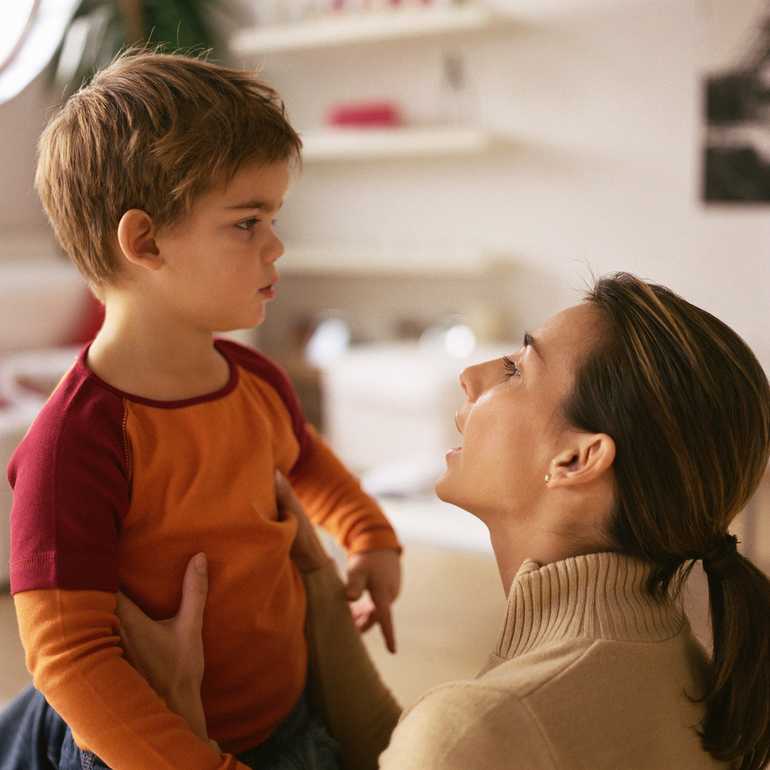 This will become a magic wand for him, help him feel stronger, more confident. So that none of the children feel "worse than the others", in no case should you organize a competition by comparing children with each other. You can only compare a child with himself - but yesterday: this gives everyone optimism.
This will become a magic wand for him, help him feel stronger, more confident. So that none of the children feel "worse than the others", in no case should you organize a competition by comparing children with each other. You can only compare a child with himself - but yesterday: this gives everyone optimism.
Youngest child
These children tend to grow up in a zone of maximum psychological comfort and love. After all, the role of “small” is assigned to them for a long time (sometimes forever), everyone takes care of them, everyone protects them, they always get the best - therefore, as a rule, they are full of optimism and radiate self-confidence. Due to the “dominant” position in the family, such children, despite their age, often have pronounced leadership qualities. They skillfully and with pleasure use the help and support of their parents and older brothers and sisters, sometimes even manipulating them.
Most of all, the younger children are drawn to the oldest brothers and sisters, at the same time they feel themselves in a state of rivalry with the middle ones. With peers (for example, in kindergarten), younger children can show aggression, try - and often very successfully - to command their peers. In general, in everyday life, such children are rather selfish and lack of initiative, set to receive care than to show it - which can become a serious problem in family life - especially if he chooses the same "younger" brother or sister as a partner.
With peers (for example, in kindergarten), younger children can show aggression, try - and often very successfully - to command their peers. In general, in everyday life, such children are rather selfish and lack of initiative, set to receive care than to show it - which can become a serious problem in family life - especially if he chooses the same "younger" brother or sister as a partner.
Risk zone
The youngest in the family are characterized by perfectionism, and this is one of the zones of psychological risk for such a child: they have a hard time experiencing defeat or the situation of “not the best”. In addition, younger children love to impress, they can delight their loved ones with some exceptional surprise or gift, but they do not know how to systematically take care of others - they are used to accepting this care.
The Secret of Education
The ability to manipulate for a long time delays in younger children the development of responsibility for their actions in the family.
